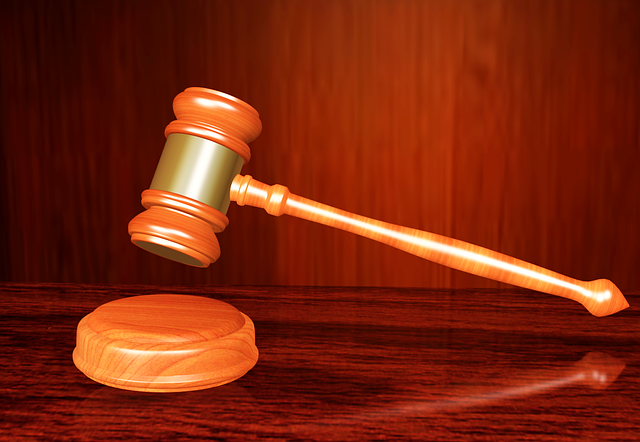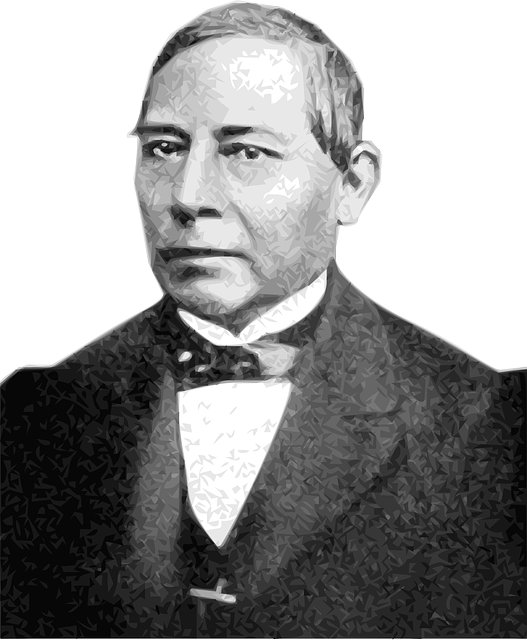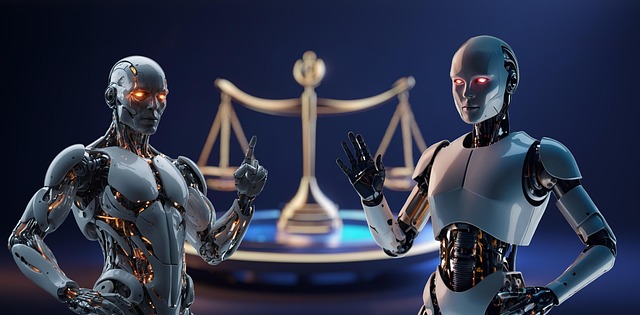The Importance of Voir Dire in Criminal Trials lies in its role as a critical process ensuring fair jury selection. Through strategic questioning, attorneys uncover biases and prejudices among prospective jurors, allowing informed decisions. This step is vital across the US legal system, sifting for subtle influences on decision-making, and securing impartial juries committed to just outcomes. Effective voir dire protects both accused rights and judicial integrity, fostering trust in the criminal justice system.
In the realm of criminal law enforcement, ensuring fair jury selection is paramount for a just trial. This article delves into the cornerstone process of voir dire and its pivotal role in upholding impartiality. We explore how effective voir dire practices, with their strategic nuances, are essential to sifting through potential biases and prejudices. Understanding and mastering voir dire is key to navigating criminal trials, safeguarding rights, and fostering public trust in our legal system, emphasizing the profound importance of this process in modern law enforcement.
- Understanding Voir Dire: The Foundation of Fair Jury Selection
- The Role of Voir Dire in Ensuring a Just and Impartial Trial
- Effective Voir Dire Practices: Strategies for Modern Criminal Law Enforcement
Understanding Voir Dire: The Foundation of Fair Jury Selection

Voir dire plays a pivotal role in ensuring fair jury selection during criminal trials, serving as the cornerstone for establishing impartial and unbiased jurors. This meticulous process involves questioning potential jurors to gauge their prejudices, biases, and qualifications, allowing attorneys to make informed decisions about their acceptance or rejection. The significance of voir dire cannot be overstated, especially in winning challenging defense verdicts.
Across the country, courts employ voir dire at all stages of the investigative and enforcement process. Skilled attorneys use this mechanism to uncover subtle nuances that might influence a juror’s decision-making, ensuring that only those with unwavering commitment to impartiality serve on the jury. This meticulous sifting process is crucial for achieving just outcomes in criminal cases, as it protects both the rights of the accused and the integrity of the judicial system.
The Role of Voir Dire in Ensuring a Just and Impartial Trial

Voir dire plays a pivotal role in ensuring the fairness and impartiality of criminal trials. This process, which involves questioning potential jurors to determine their suitability for a particular case, is crucial in selecting an unbiased jury. The importance of voir dire cannot be overstated, especially in high-stakes cases where the outcome can significantly impact a person’s life. By allowing judges and attorneys to assess the biases, prejudices, and experiences of prospective jurors, voir dire helps avoid potential indictment based on unfair or biased decision-making.
Across the country, courts have recognized the significance of this process in maintaining the integrity of the criminal justice system. Effective voir dire enables judges to seat a jury that can consider all evidence objectively, ensuring a just trial for both the prosecution and defense. It’s not merely about eliminating those with strong personal opinions but also understanding the nuances of potential jurors’ backgrounds to ensure they can remain impartial throughout the proceedings.
Effective Voir Dire Practices: Strategies for Modern Criminal Law Enforcement

Voir dire plays a pivotal role in modern criminal law enforcement, serving as a crucial filter between potential bias and impartiality among jurors. Effective voir dire practices ensure that the jury pool is diverse, unbiased, and capable of rendering a fair verdict based on the evidence presented. This process goes beyond mere question-and-answer sessions; it’s an art that demands strategic precision to unearth hidden biases, personal experiences, or prejudices that could influence the trial outcome.
Skilled attorneys employ various techniques during voir dire, including probing questions, subtle cues, and perceptive observations. They delve into the backgrounds of prospective jurors, exploring their views on criminal justice, interactions with law enforcement, and any prior experiences relevant to the case. This strategic approach enables lawyers to make informed decisions about peremptory challenges, ensuring the selection of a jury that can provide a balanced perspective. Ultimately, effective voir dire contributes to the integrity of the criminal justice system by safeguarding against unfair trials, fostering trust in the legal process, and promoting justice for all, even in cases involving corporate and individual clients, and addressing concerns within the philanthropic and political communities.
Voir dire plays an indispensable role in modern criminal law enforcement, serving as the cornerstone for fair jury selection. By enabling judges and attorneys to assess potential jurors’ impartiality and suitability, this process ensures that trials are conducted justly and impartially. Through effective voir dire practices, the legal system can guard against bias, prejudice, and unfair representations, ultimately upholding the integrity of criminal proceedings. The strategic application of voir dire is therefore vital for maintaining public trust in our justice system.






